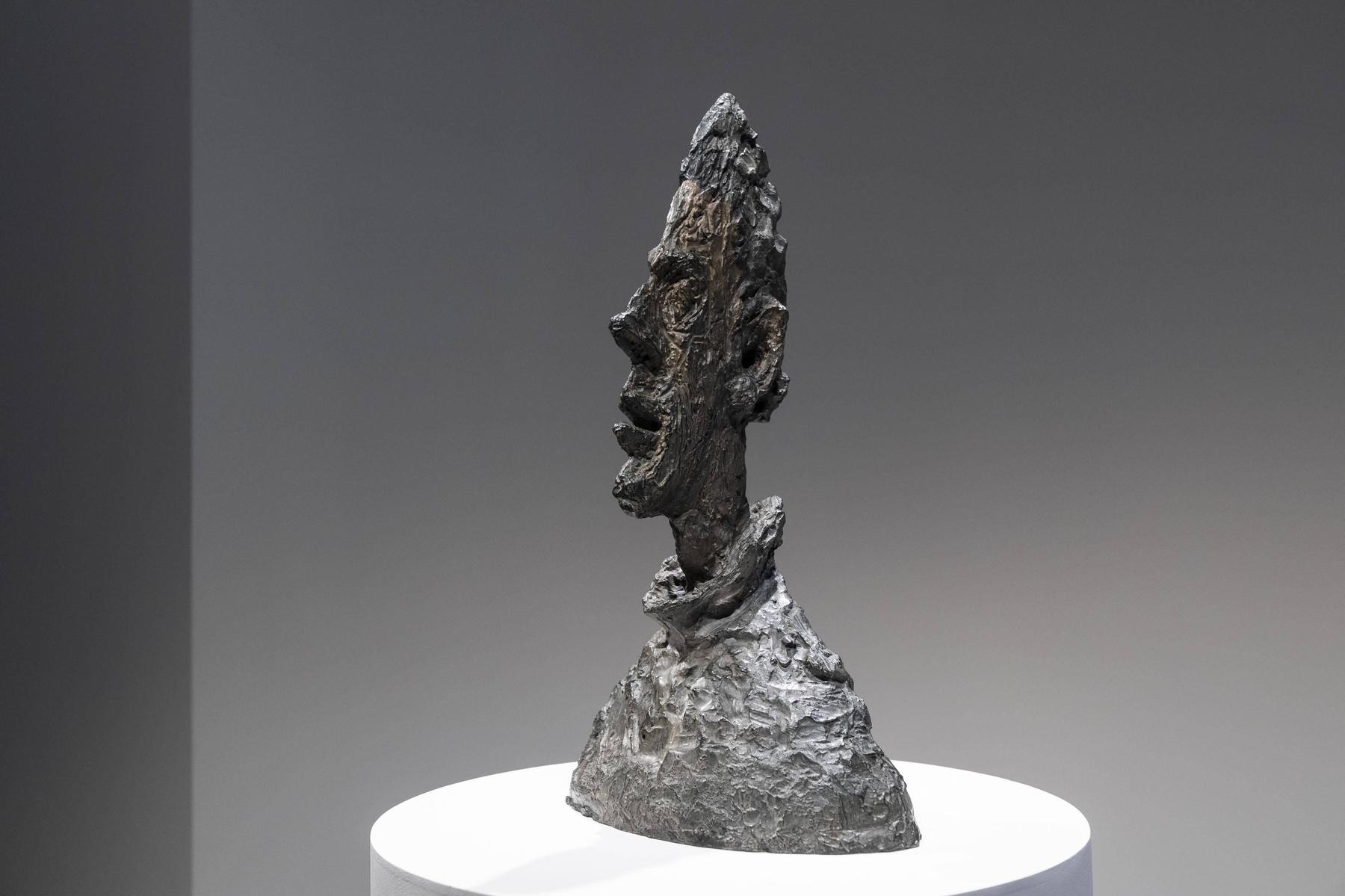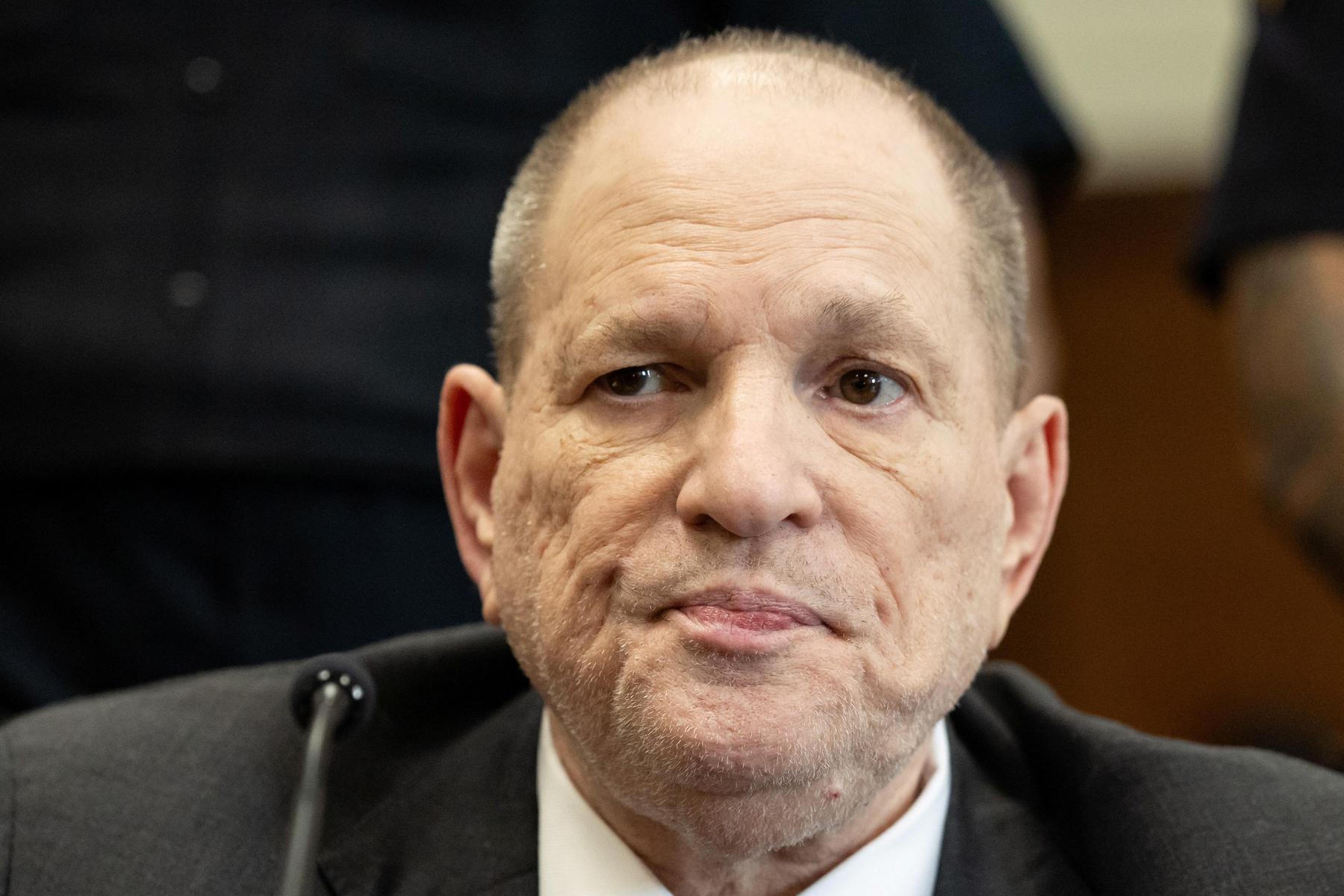Dimsky – diepresse.com

Thomas Pisar – satirical – about leadership and led. Season 2/episode 3.
Dimsky is a shooting star in management. He not only controls and directs everything professionally in his huge area of responsibility, he also takes care of employee development. Dimsky has a cadre. His employees are cast in the flames of Anor. They walk through his entire management school. He conveys all of his management knowledge. Built up over many decades. Finely sanded over many decades. Like a pebble. He treats his raw diamonds in the same way. The committee to employees is huge. Wherever is being planed, chips fall. Dimsky grinds diamonds. That crumble.
Dimsky’s understanding of top management is clear. The power comes first, then the followers come. It’s about power play. It’s about hierarchy. Who is not for him is against him. So simple.
If things do not run, which in his assessment never do, then fear is the means of choice. There is no stronger stimulant than fear.
A notice:
Guest comments and contributions from external authors like this here do not have to correspond to the opinion of the editorial team.
Dimsky makes no plans. He is always ready. Just let them come. He manages urgency. The loudest escalations first. Always in a triangle. Always in crisis mode. This guarantees the adrenaline required for this job. This always guarantees a workload that fills the schedule from early to late. Only those who work a lot can do a lot. This is his credo. He demands no less demand from his employees. That is the price of future power.
According to his understanding, his employees should volunte with him. Everything you learn from him will be gilded a hundred times.
Those employees who remain after this smithy are perfect. Or should it be. Nobody knows. Nobody has survived yet. Nobody stayed for more than a year. Everyone went. This only shows that Dimsky is on the right way to shape the best. He is a shooting star. A legend. Already.
All employees who were still in terms of information after the ordeal are agreed: at Dimsky you can really learn everything. Everything that you don’t do. It is the perfect bad example. He puts the quantity of complement as you should do. There are bets about the size of his reality distortion field and how long he needs to adjust in the morning. A legend in his own at least.
But woe to those who meet Dimsky privately. They find that he is actually a very nice guy.
Learning
Hopefully nobody has a manager like this. What can we learn from it?
- To consider employee development as a smithy, provides a wrong picture. Anyone who believes that they can form people into managers who act unethical. It is not about sanding, breaking and re -putting people together, it is about offering people the framework that they can develop themselves.
- Power and fear as a leadership instrument can perhaps achieve one or the other result, but for what price? How about trust as an alternative?
- The underlying image of man from Dimsky is negatively shaped, which inevitably leads to the « cellar master syndrome »: as a manager, I am only surrounded by bottles.
- Leadership acts with foresight and creates the framework, among other things, so that crises can be avoided or well mastered. Those who only manage according to urgency create hectic actionism and a lot of inefficiency.
- Anyone who confuses the results with work assignments and accordingly rewarded you. It is easy to observe work or at least eager activities than to actually assess the quality of results. A view that is based on many misguided home office discussions.
- My geography professor always said: « Everyone is good for something, be it as a bad role model. » You can actually learn something from everyone.
- Even if we assume everyone, including Dimsky, that he is even a person with good intentions, this does not excuse his unreflected behavior. The question is what more destructive has arisen in our world: good or bad intentions.
Do you know such a toxic manager and have suffered from this or still suffer? What did you do in the situation?
Have you ever played power poker yourself and how did it go?
Do you help employees develop or shape them?
How often do you reflect on your work yourself?
Feel free to leave us your questions, thoughts and comments in the comments or in one
« /> Thomas Pisar, a doctorate in physicists, who worked as a manager at A1 for many years, keynote speaker and consultant for change and transformation, tells a short case study every week, similar to how it actually happened, presents Learnings and asks questions about further thinking.







